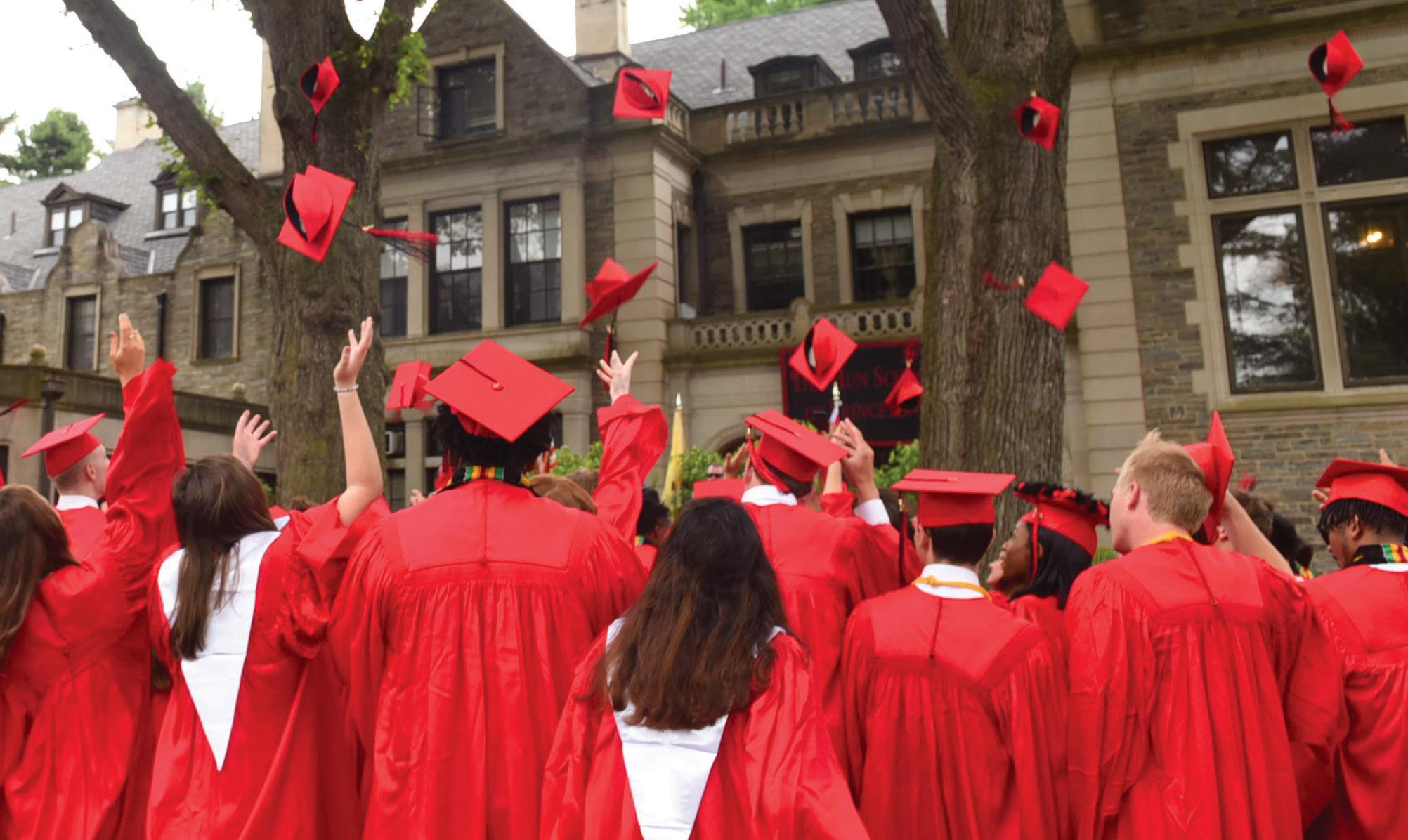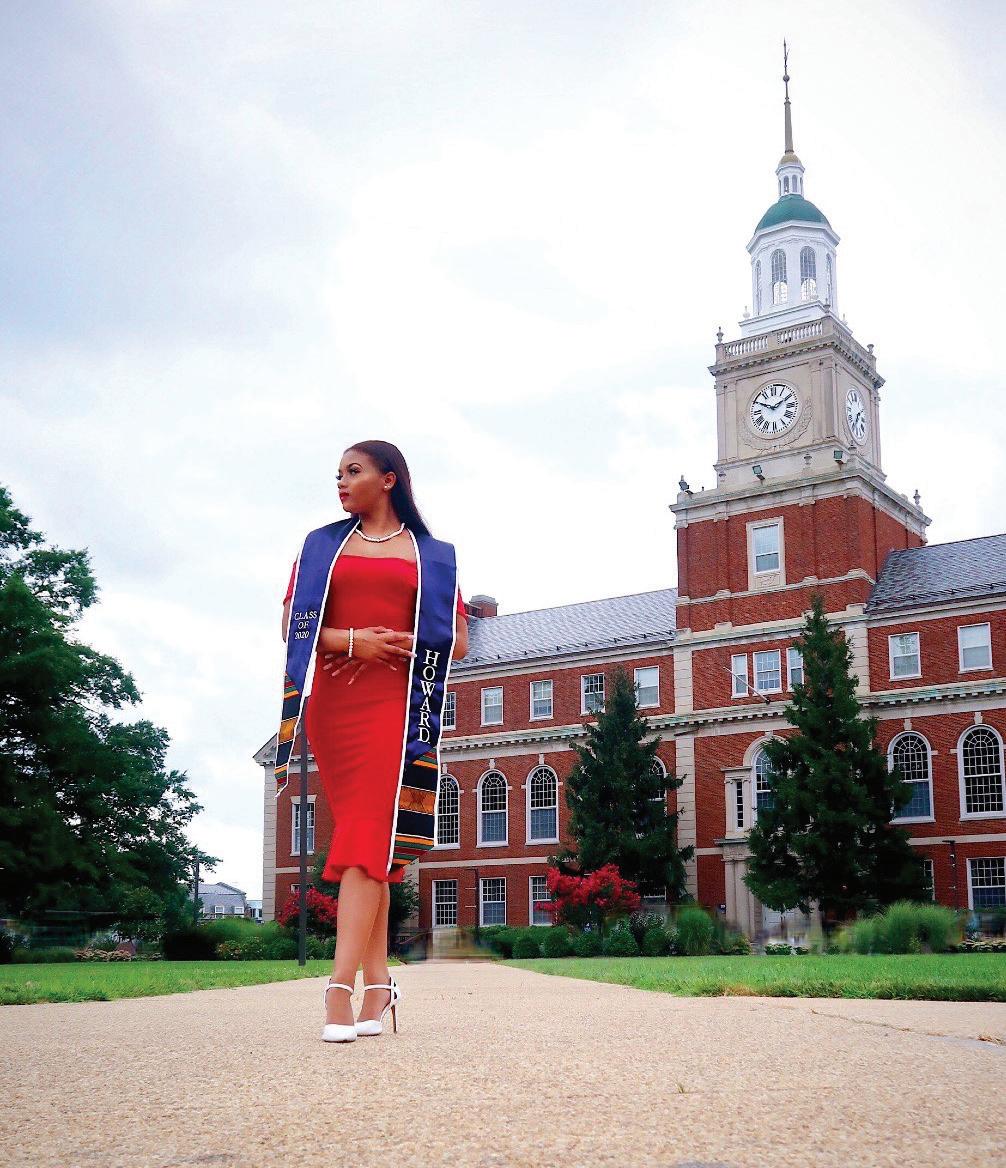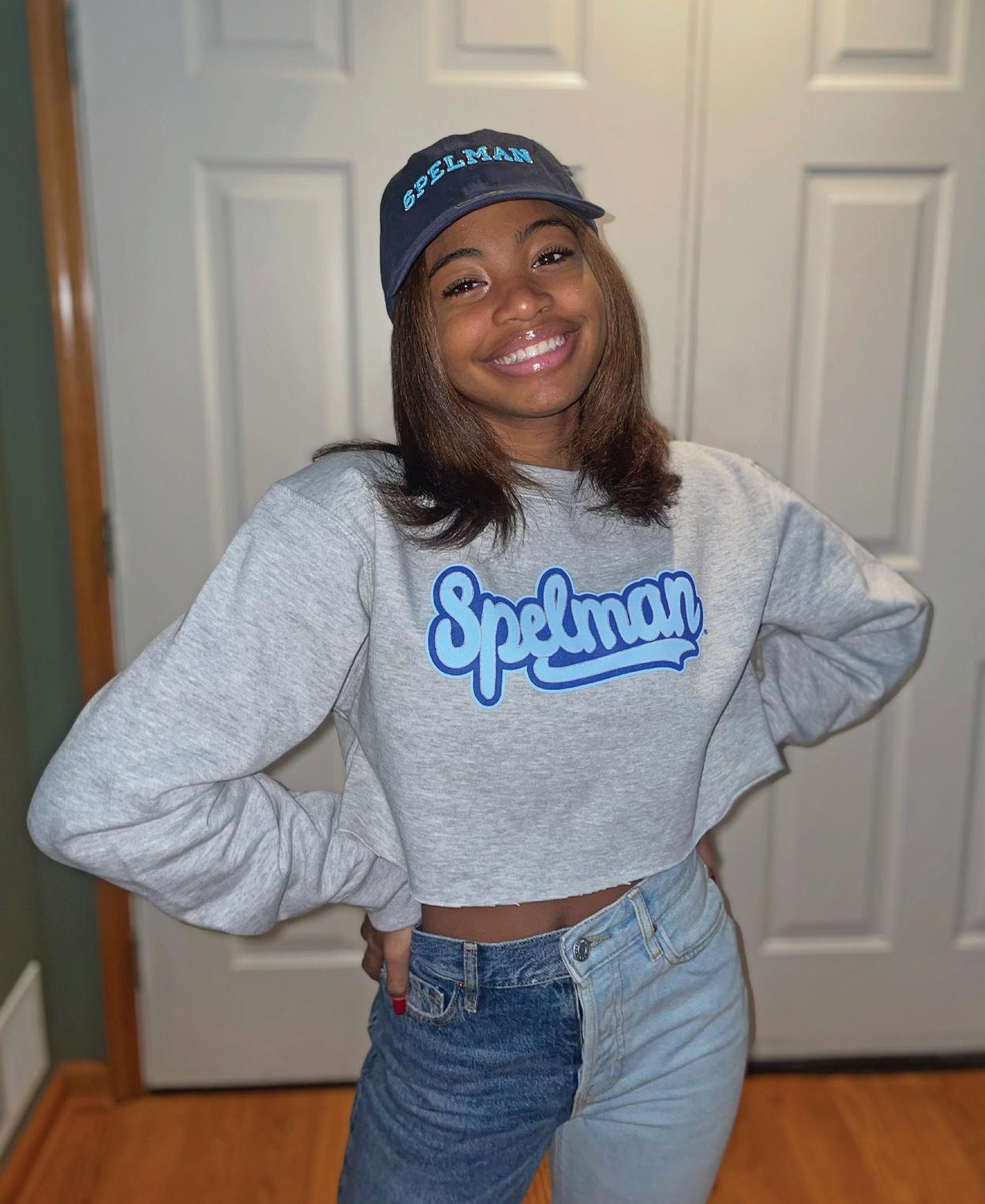
3 minute read
Decisions, Decisions
Interest in HBCUs
GROWING AMONG HUN STUDENTS
Advertisement
“Hun students can thrive in a variety of educational backgrounds,” says Davirah Timm-Dinkins, associate director of college counseling, “but for those students who may be seeking a college experience more reflective of their racial background, Historically Black Colleges and Universities, or HCBUs, are often a good fit.”
The number of Hun students applying to HBCUs has nearly doubled since 2018 and typically each graduating class has at least one student matriculating at one. “Students from families who have graduated from HBCUs are more inclined to look at them,” explains Mrs. Timm-Dinkins. “It’s an easy conversation with those students because they know the importance they hold.”
The Higher Education Act of 1965 defines HBCUs as “…any historically black college or university that was established prior to 1964, whose principal mission was, and is, the education of Black Americans…” Currently, there are 107 HBCUs; 56 are private institutions and 51 are public.
With historic in the name, HBCUs are synonymous with a rich history of celebrated traditions. “Music, dances, marching bands… they are huge at HBCUs,” shares Mrs. Timm-Dinkins. “Homecoming is always big. Black Greek life is also part of the experience and those organizations are very focused on service and scholarship. It’s not just a place for parties; it’s beyond that. There is a real commitment to community and a mission linked to higher education.”
Scholarship is intrinsic at these schools. “HBCUs celebrate Black excellence,” she says. “They continue to be the top producers of college graduates that receive doctorates in science, engineering, and medicine.”
Choosing the right fit for college is difficult, but for some students considering HBCUs, comfort is a deciding factor. “I love that I will be able to see people every day that look and think like me,” explains Bailey Kolaras ’21, who applied to two HBCUs, along with eight other colleges this year.
“For a lot of our students, it is very affirming to be somewhere that everyone looks like you but you are still able to retain your individuality,” says Mrs. Timm-Dinkins. “It’s a very comforting environment, not dissimilar from those students looking at women’s colleges. The classroom looks different and it allows you to thrive in a different way.
Most recently, Bailey received her acceptance from Spelman and did not think twice before accepting. “My mother attended Spelman College, so I was introduced to HBCUs at a young age. It is the sisterhood at Spelman College that


left Tatiana Swain ’16 at Howard University Commencement. right Bailey Kolaras ’21, who plans to attend Spelman College this fall.
attracted me the most. My mom, my aunts (my mom’s closest Spelman friends), and my first cousin Briana all shared the unique legacy of empowered Spelman women. Spelman women all made the choice to change the world, and I always knew that I wanted to attend.”
The strong alumni network is another compelling reason students choose an HBCUs “The most appealing thing about an HBCU experience is knowing that you will always be connected because HBCUs are a big family that supports each other through everything,” says Bailey.
— DAVIRAH TIMM-DINKINS
“It had everything that I wanted but more importantly, it had what I needed,” says Tatiana Swain ’16, who attended Howard University. “It is a competitive yet positive environment that teaches you to be confident and firm in your choices, both professionally and personally. HBCU’s breed pride and confidence, and I will forever be indebted to Howard University because of that. It feels like one big and happy family.”
Like most HBCU graduates, Ms. Swain encourages seniors to consider HBCUs during their college application process. “College is a place where you expand your minds and learn so much. You personally grow, your perspective changes in a beneficial way. HBCUs are there for you. To shape your minds into young, talented, and successful leaders that make a difference in the world for the better.”
Finally, despite the name, HBCUs are not limited to students of color. “It’s typically not on their radar, but matriculation patterns show that white students are also considering HBCUs,” says Mrs. Timm-Dinkins.
This year, the College Counseling Department at Hun added a series of affinity group programs to its roster for LBGTQI+ students, students considering Historically Black Colleges and Universities, and Women's Colleges.








